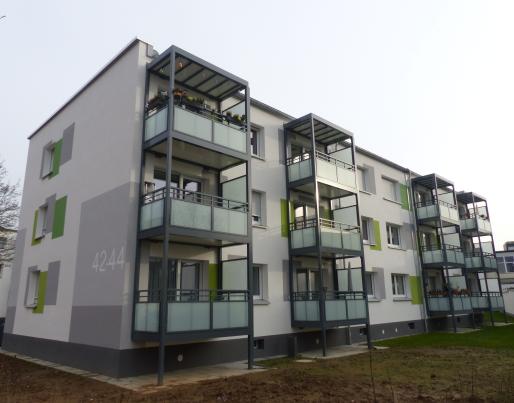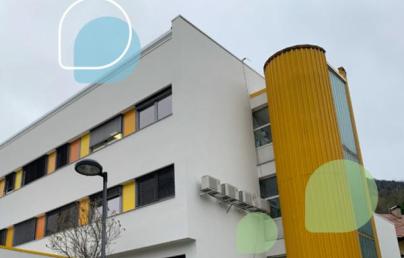Successful energy efficiency renovation of 1950s building in Germany

Successful energy efficiency renovation of 1950s building in Germany
Wohnbau Giessen, a housing association, renovated three 1950s buildings to reduce energy demand and enhance living comfort. The Passive House Institute conducted detailed assessments in one building to evaluate the effectiveness of the upgrades. Intensive measurements and dynamic simulations analysed the impact of various factors on heating energy consumption.
Retrofitting with top-notch Passive House components, including insulation, photovoltaic systems, and efficient ventilation, led to significant energy savings. Initial heating consumption plummeted from 119.5 kWh/(m²a) to 21.3 kWh/(m²a) post-retrofit, marking an 82% decrease. Despite minor discrepancies, meticulous planning and high-quality components ensured the retrofit's overall success, showcasing the importance of precise calculations and quality materials.
